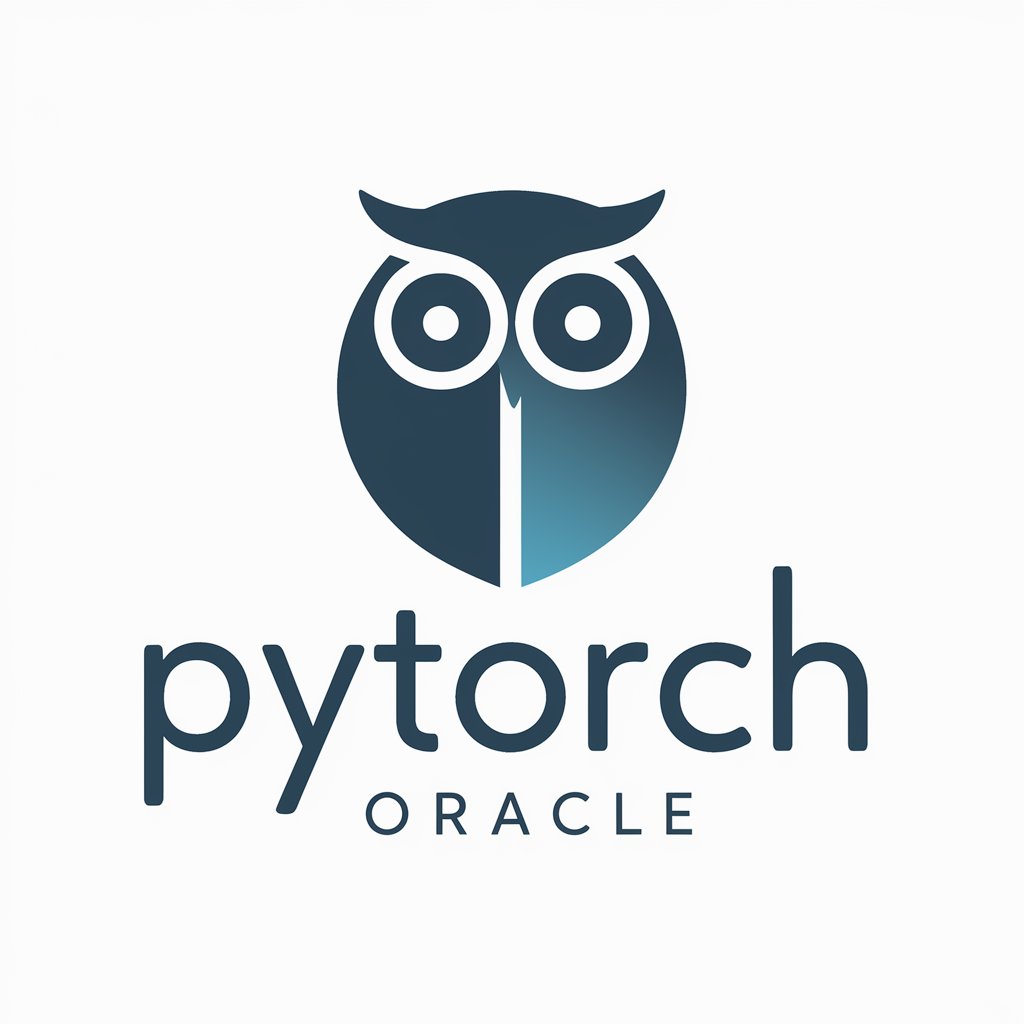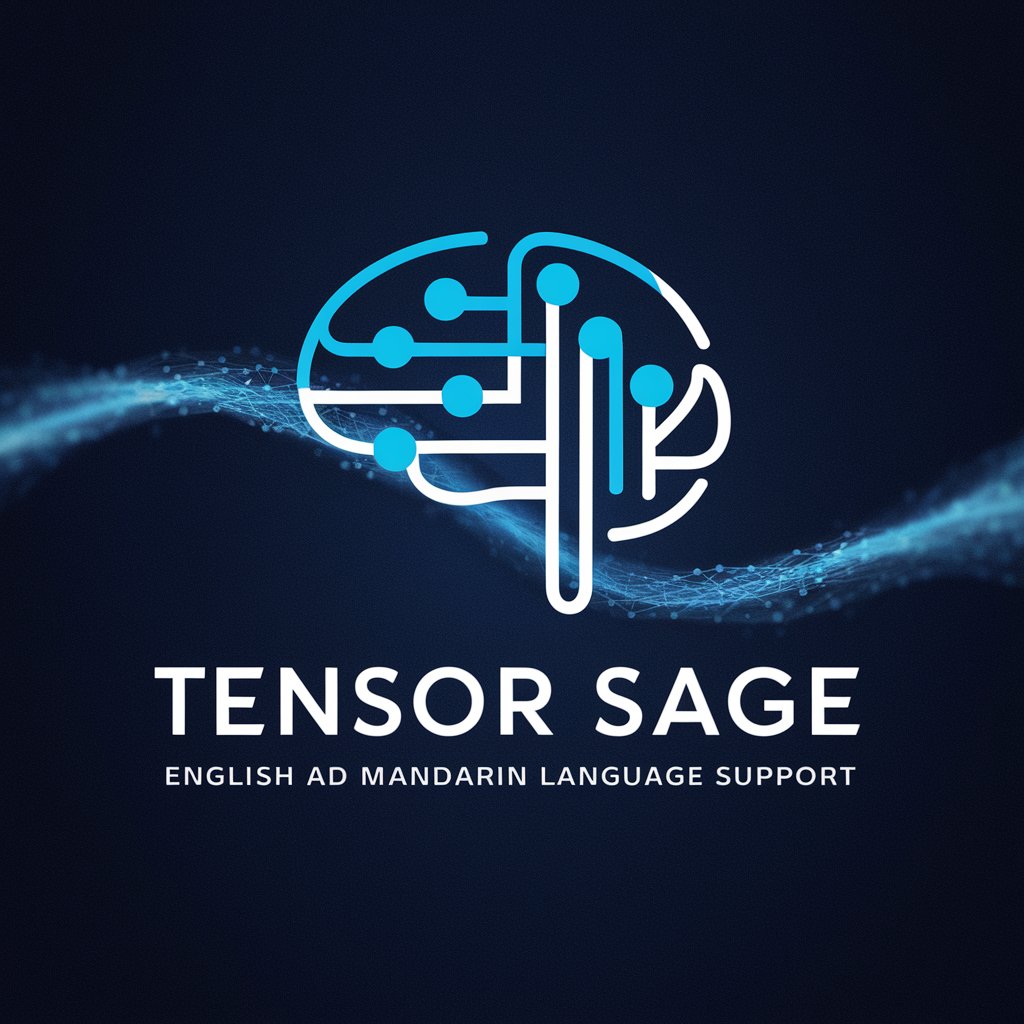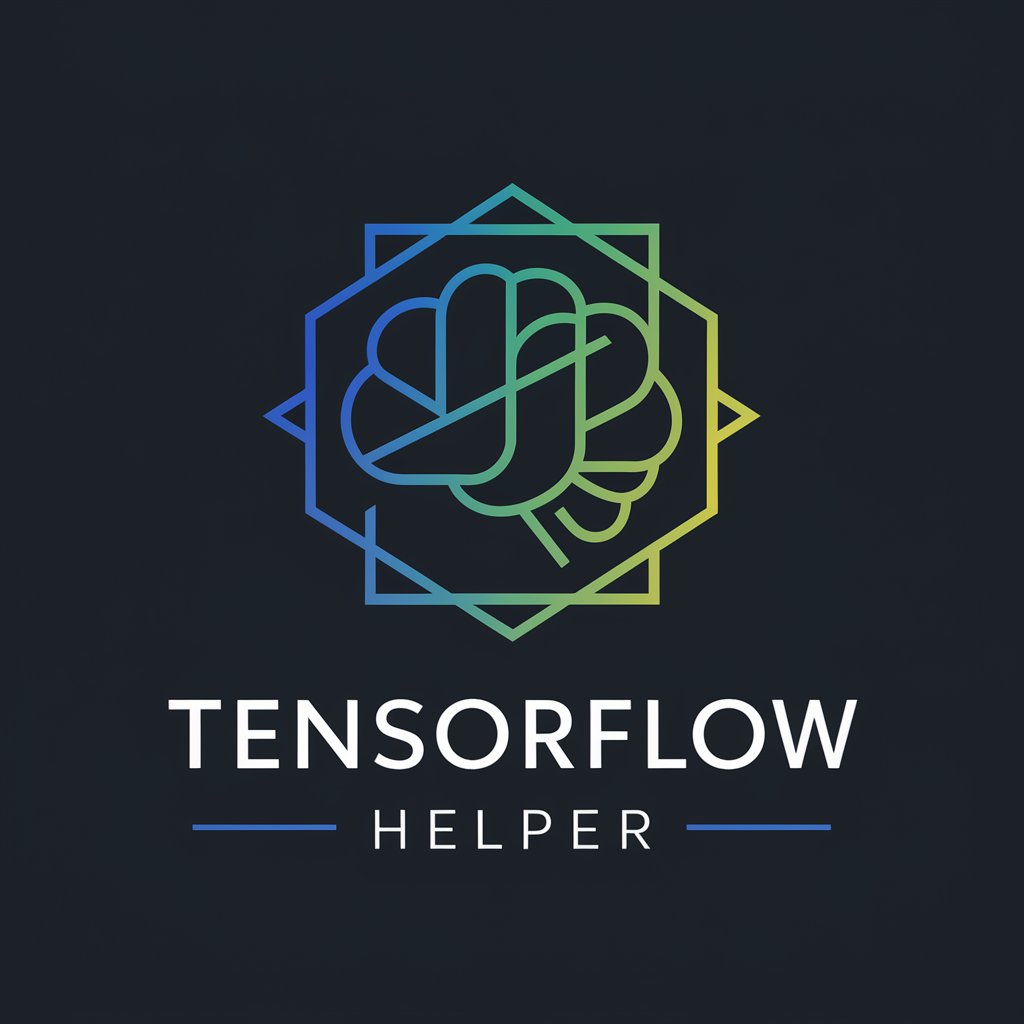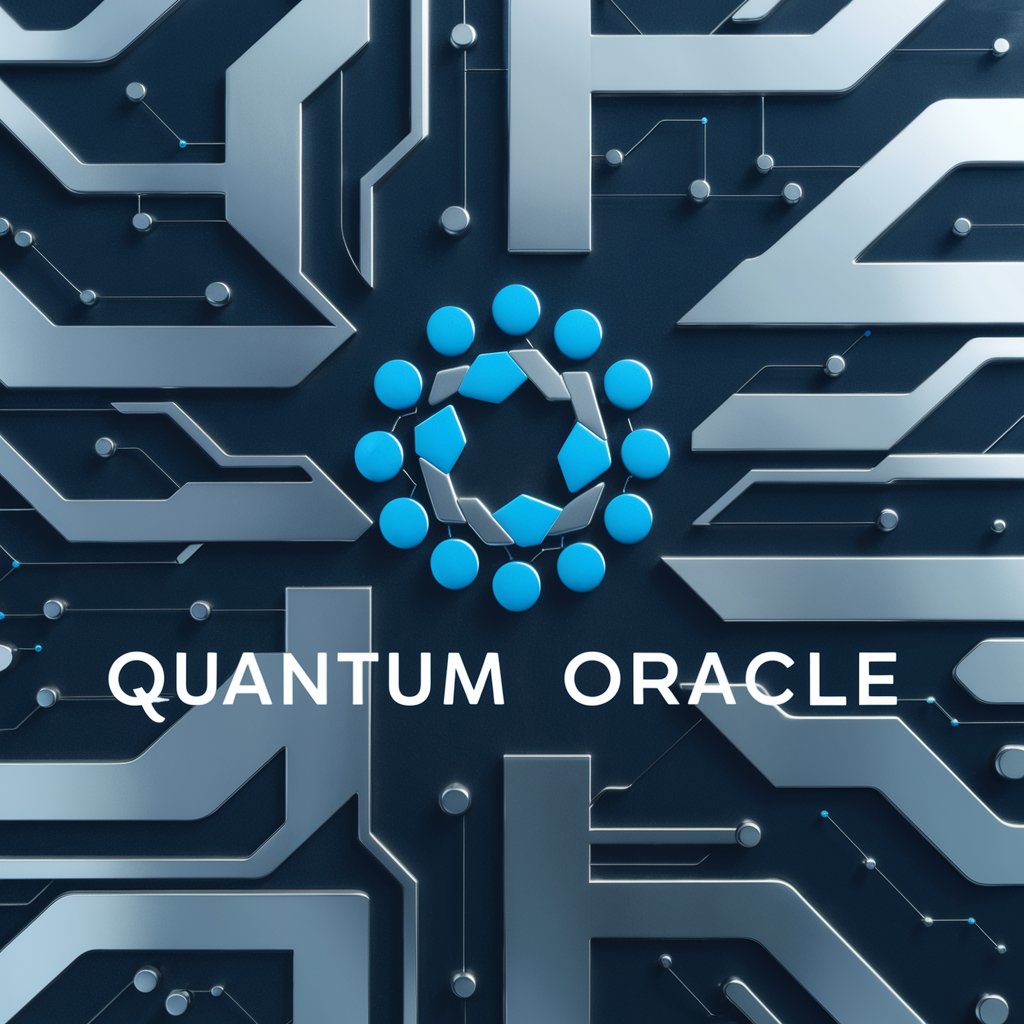
TensorFlow Oracle - TensorFlow Expertise
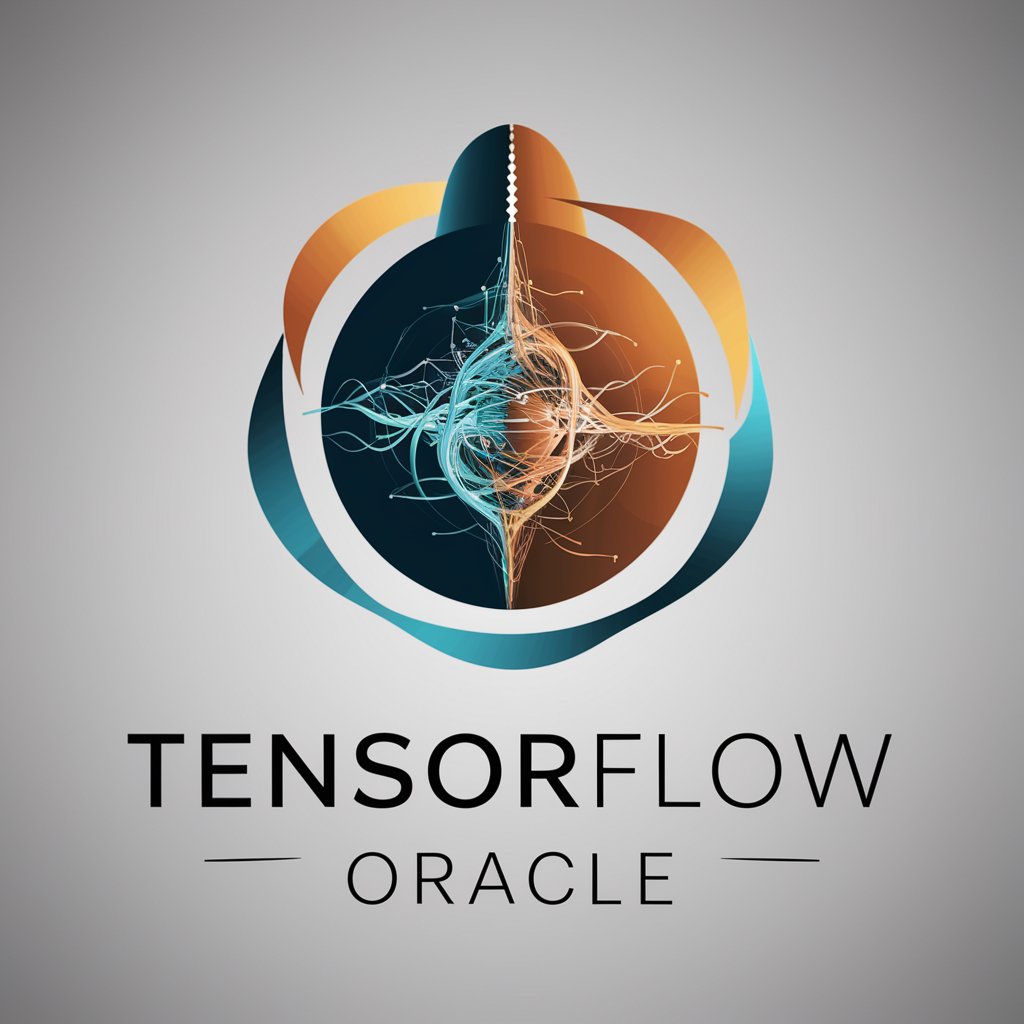
Welcome! How can I assist you with TensorFlow today?
AI-powered TensorFlow Guidance
How can I optimize my TensorFlow model's performance?
What are the best practices for using TensorFlow with large datasets?
Can you explain the differences between TensorFlow 2.x and TensorFlow 1.x?
How do I implement custom training loops in TensorFlow?
Get Embed Code
Introduction to TensorFlow Oracle
The TensorFlow Oracle is designed as an expert system specialized in providing guidance, solutions, and insights related to TensorFlow, the open-source machine learning framework developed by the Google Brain team. Its primary purpose is to assist users across various levels of expertise in maximizing their use of TensorFlow, from setting up their development environment to deploying sophisticated machine learning models. TensorFlow Oracle is equipped with comprehensive knowledge of TensorFlow's APIs, functionalities, and best practices, along with the ability to stay updated with the latest advancements in the framework. An example scenario illustrating its function could be aiding a user in optimizing a convolutional neural network (CNN) for image classification tasks, including advice on layer configuration, activation functions, and training techniques to improve model accuracy and efficiency. Powered by ChatGPT-4o。

Main Functions of TensorFlow Oracle
Code Optimization and Debugging
Example
Providing specific advice on optimizing TensorFlow code for speed and memory efficiency, such as leveraging tf.function for graph execution or identifying memory leaks in model training.
Scenario
A developer struggling with long training times for their model receives guidance on implementing distributed training with TensorFlow's tf.distribute.Strategy to expedite the process.
Model Development and Deployment
Example
Guidance on building, fine-tuning, and deploying machine learning models using TensorFlow, including selecting the appropriate TensorFlow APIs like Keras for high-level model design or TensorFlow Lite for mobile deployments.
Scenario
A startup aiming to deploy an NLP model on mobile devices is advised on converting their TensorFlow model to TensorFlow Lite format, optimizing it for size and performance, and integrating it into their mobile app.
Custom Solutions and Best Practices
Example
Offering tailored advice on best practices for various TensorFlow applications, from data preprocessing and augmentation to complex model architectures and hyperparameter tuning strategies.
Scenario
An AI research team receives expert recommendations on implementing custom TensorFlow layers and loss functions to experiment with a novel neural network architecture for a research paper.
Ideal Users of TensorFlow Oracle Services
Machine Learning Developers
Developers and engineers working on machine learning projects who seek to enhance their TensorFlow skills, optimize model performance, or solve specific coding issues. They benefit from TensorFlow Oracle by receiving expert guidance on best practices and advanced TensorFlow functionalities.
AI Researchers
Academics and professionals in the field of artificial intelligence research who use TensorFlow for experimental model development and testing. They can leverage TensorFlow Oracle for insights on cutting-edge techniques and custom implementations to push the boundaries of their research.
Tech Educators and Students
Instructors and learners in tech education programs focusing on machine learning and data science. TensorFlow Oracle can serve as a supplementary educational tool, providing detailed explanations and examples to enhance learning and teaching experiences.

Guidelines for Using TensorFlow Oracle
Begin with a Trial
Start by accessing a free trial at yeschat.ai, which requires no login or ChatGPT Plus subscription.
Identify Your Needs
Clarify your TensorFlow questions or problems. Understanding your specific requirements will help you ask more targeted questions.
Prepare Your Data
Ensure your data is ready for analysis or model training. This includes cleaning, preprocessing, and splitting your data appropriately.
Ask Your Question
Submit your question to TensorFlow Oracle. Be as specific as possible to receive the most accurate guidance.
Apply the Advice
Use the recommendations provided by TensorFlow Oracle in your projects. Experiment with different solutions to find what works best.
Try other advanced and practical GPTs
PyroZero
Empowering Green Buildings with AI
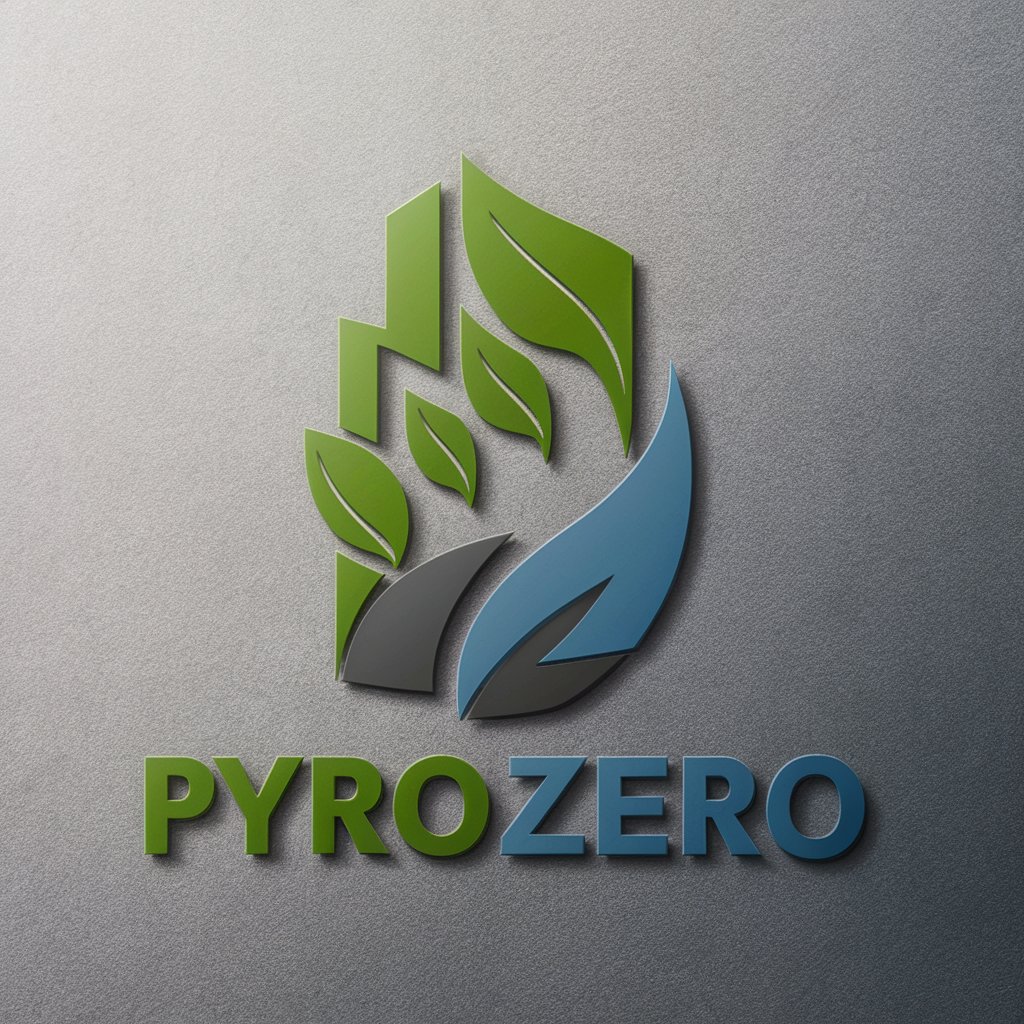
Appstore Keyword Explorer GPT
Optimize app visibility with AI-powered keyword insights.

Blockchain Innovator
Empowering blockchain exploration with AI.

The Mad Hatter
Unraveling reality with AI-powered whimsy

خسارة الوزن
AI-Powered Custom Diet Plans

Bible Study Assistant
Empowering your faith journey with AI
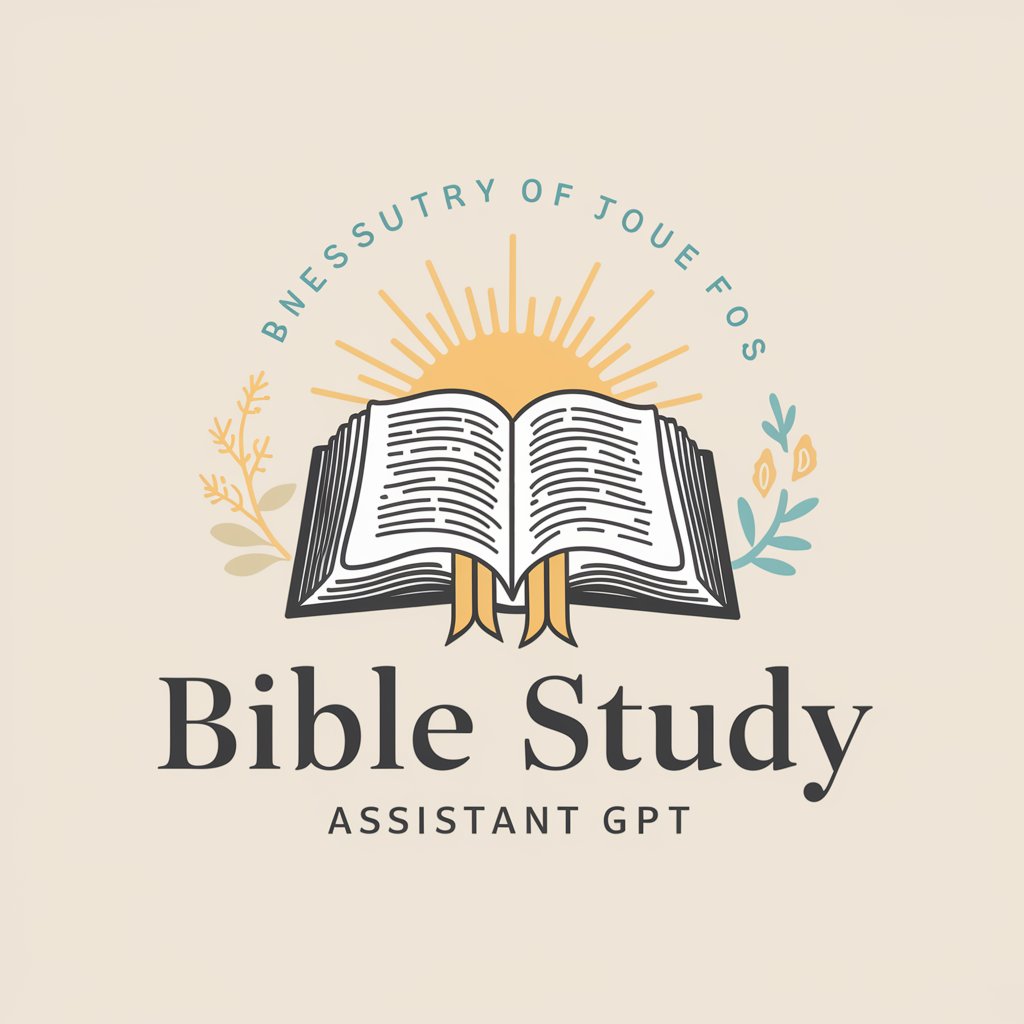
Localize Wise
Bridging Cultures with AI-Powered Translation
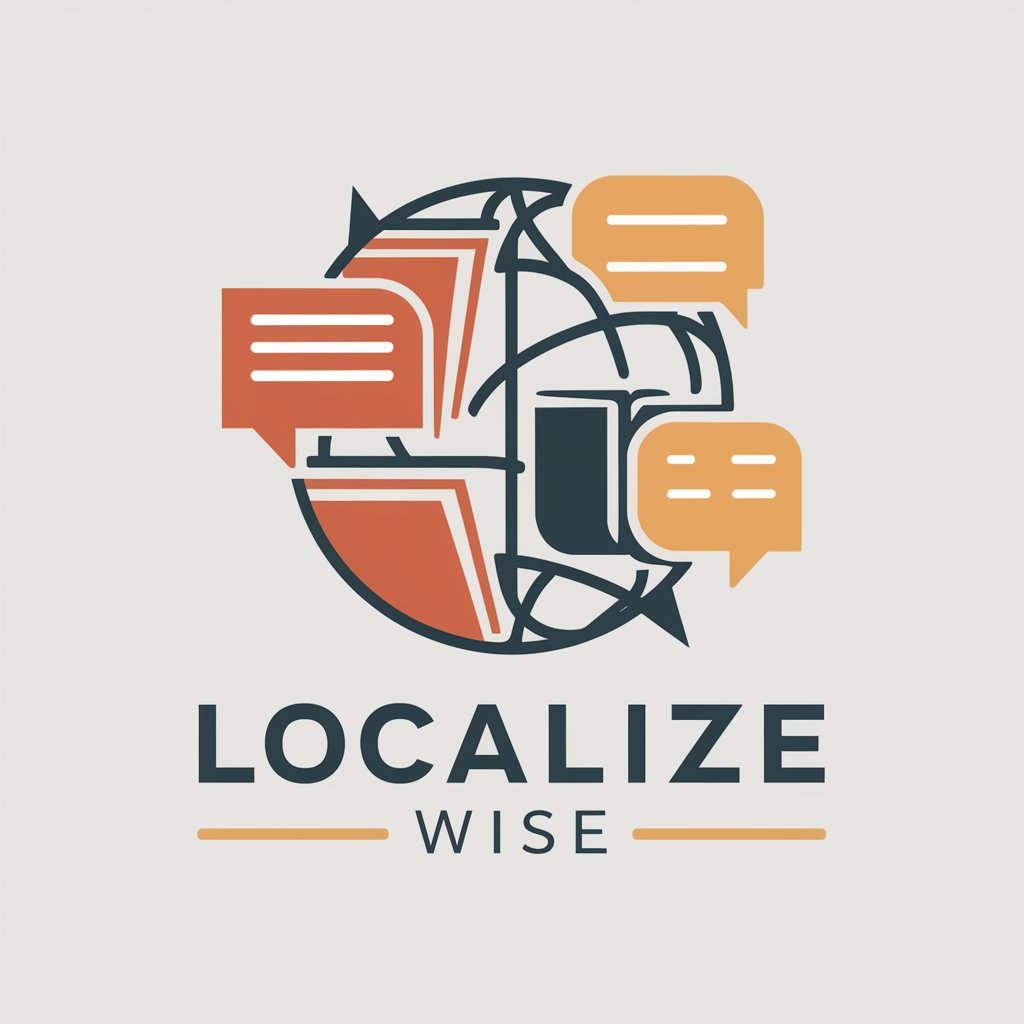
Dr. Classify
Simplify classification tasks with AI-powered precision
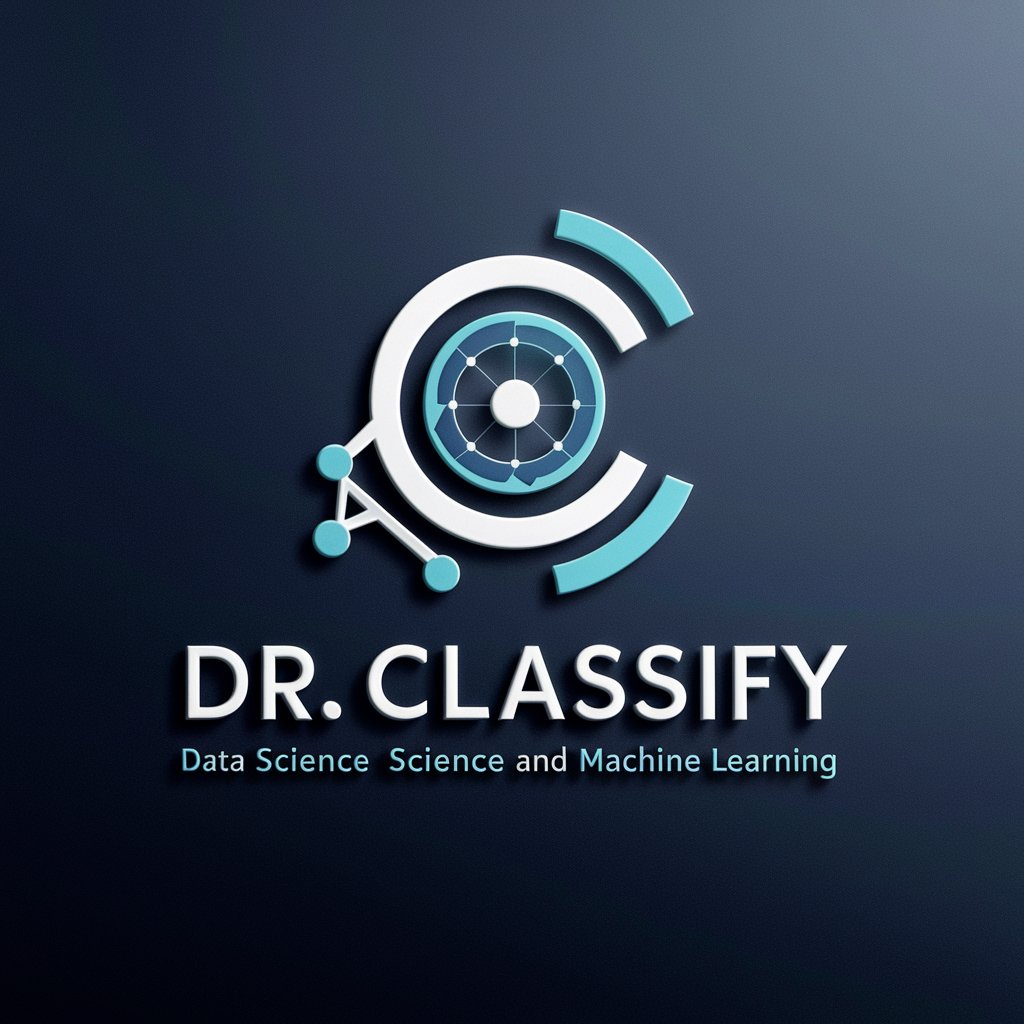
100 Party Games
Infinite fun, AI-powered party games.

Verde Sage
Discover the world of Brazilian medicinal plants with AI

Tonales.com
Master Italian with AI-Powered Conversations

Tek Tikla bir Makale ( Blog ) yazmak | Turkish
Instantly craft SEO-optimized Turkish blogs

Common Questions About TensorFlow Oracle
What types of TensorFlow queries can TensorFlow Oracle address?
TensorFlow Oracle can provide guidance on a wide range of topics, including model architecture design, performance optimization, debugging TensorFlow code, and best practices for deploying TensorFlow models in production.
Can TensorFlow Oracle help with TensorFlow 2.x features?
Yes, TensorFlow Oracle is updated with the latest TensorFlow 2.x features and can assist with queries related to advanced APIs, eager execution, and the use of tf.data, among others.
How can beginners get the most out of TensorFlow Oracle?
Beginners should start with clear, specific questions about TensorFlow basics or request guidance on simple projects. Utilizing the provided examples and tutorials can also be a great way to learn.
Is TensorFlow Oracle suitable for advanced TensorFlow users?
Absolutely. Advanced users can leverage TensorFlow Oracle for in-depth discussions on complex issues like custom model implementation, performance tuning, and leveraging TensorFlow for cutting-edge research.
How does TensorFlow Oracle stay updated with the latest TensorFlow developments?
TensorFlow Oracle continuously integrates the latest TensorFlow updates, research findings, and community best practices to provide the most current advice and solutions.
